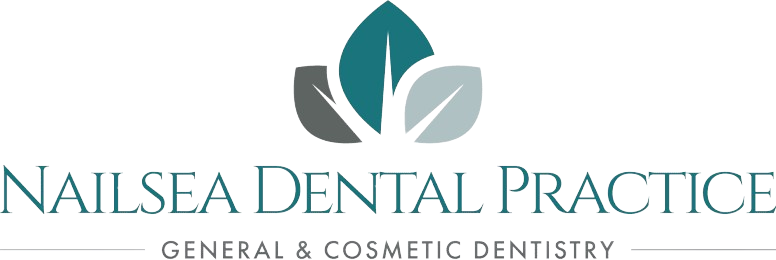Here at Nailsea Dental Practice, we offer advice, preventive care and a choice of treatments to help our patients enjoy all the benefits of having healthy teeth and gums. This guide from the dentist in Nailsea explores how patients can be proactive in getting and maintaining a great smile.
Brushing and flossing every day is important for keeping the teeth and gums in good condition and free from inflammation and disease.
The dentist in Nailsea recommends brushing twice daily. The toothbrush should have bristles of medium hardness. If it is too soft, then it may not be effective at removing food debris and plaque. Brushes that are too hard may have an abrasive impact on the teeth and cause the removal of enamel. Fluoride toothpaste helps to strengthen and protect enamel, an important layer on the teeth that helps to prevent deterioration such as cavities and even cracks and chips.
Flossing should be done once a day, ideally before bed. Using floss or interdental brushes helps to remove any debris that has remained after brushing. If this debris is allowed to sit between the teeth overnight, then it can start to compromise oral health. Any patient who is unsure about how best to clean their teeth should consult with the dentist in Nailsea to learn an effective technique.
Many people rinse with mouthwash after brushing, believing that they are further cleaning their teeth by doing so. However, it is much better for the teeth and gums if a residue of toothpaste is left on the teeth after brushing. This helps to protect the teeth from damage and deterioration. If mouthwash is used, then it washes away the remaining toothpaste and reduces some of the benefits of brushing.
It is fine to use mouthwash as a means of dislodging food particles and freshening the breath a couple of times a day, but this should be done between brushing sessions.
Making an appointment with us for a check-up every few months is important for safeguarding oral health. We conduct a physical examination of the teeth and gums, checking for the slightest hint of any issues so that we can nip them in the bud before they become problematic. This means that the patient can significantly reduce their chances of suffering from dental discomfort and of having to spend a lot of time and money on dental treatments.
People who drink water most of the time are more likely to have healthy teeth and gums. This is especially the case if it is tap water, most of which contains fluoride. Some people often choose other drinks to satisfy their thirst, such as fruit juices, smoothies, and fizzy drinks. If these are consumed more than water, then there is a high likelihood of enamel erosion, staining and the development of cavities.
BACK TO BLOG
“I can highly recommend Nailsea Dental Practice. Karine and her staff are friendly and professional, and the atmosphere feels genuinely caring. The dental treatment is first-class, with plenty of time for discussion and guidance. Most..."
“Wonderful practice, highly organised and efficient. All the staff are very friendly, and the place is always spotlessly clean. My teenage daughter recently had an accident and broke her two front teeth. The practice was..."
“I have attended Nailsea Dental Practice for 15 years and have always received excellent treatment. The last 4 years by Karine and her team, in a congenial setting, with a comfortable reception area and off-road..."
“At the age of 50 and after an awful childhood dentist, I have finally found a dentist I completely trust. Karine has supported me through a number of treatments, including periodontal surgery, and she has..."

“I can highly recommend Nailsea Dental Practice. Karine and her staff are friendly and professional,..."
“Wonderful practice, highly organised and efficient. All the staff are very friendly, and the place..."
“I have attended Nailsea Dental Practice for 15 years and have always received excellent treatment...."
“At the age of 50 and after an awful childhood dentist, I have finally found..."
“I have been a patient at Nailsea for over 20 years, even though it is..."





